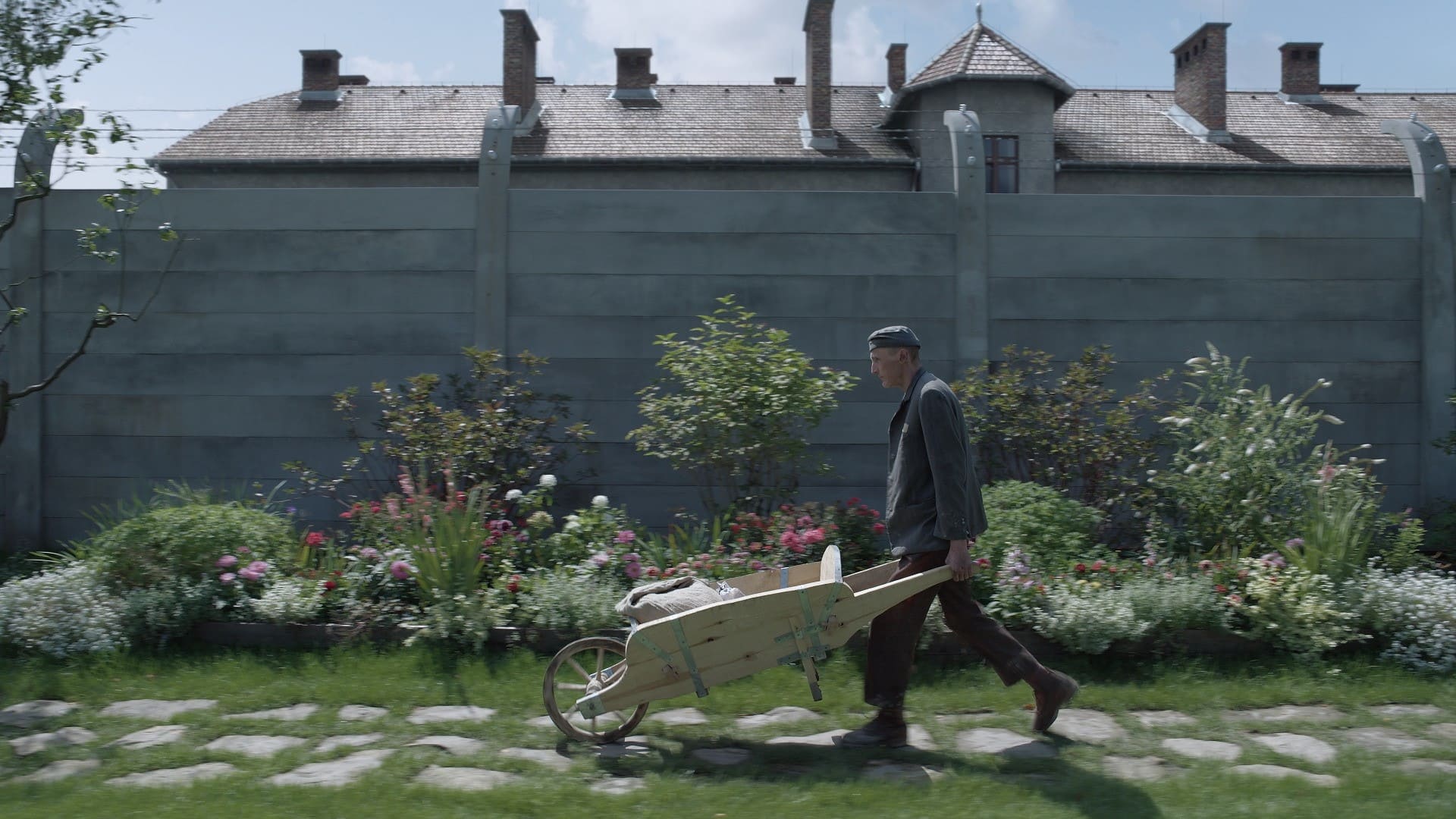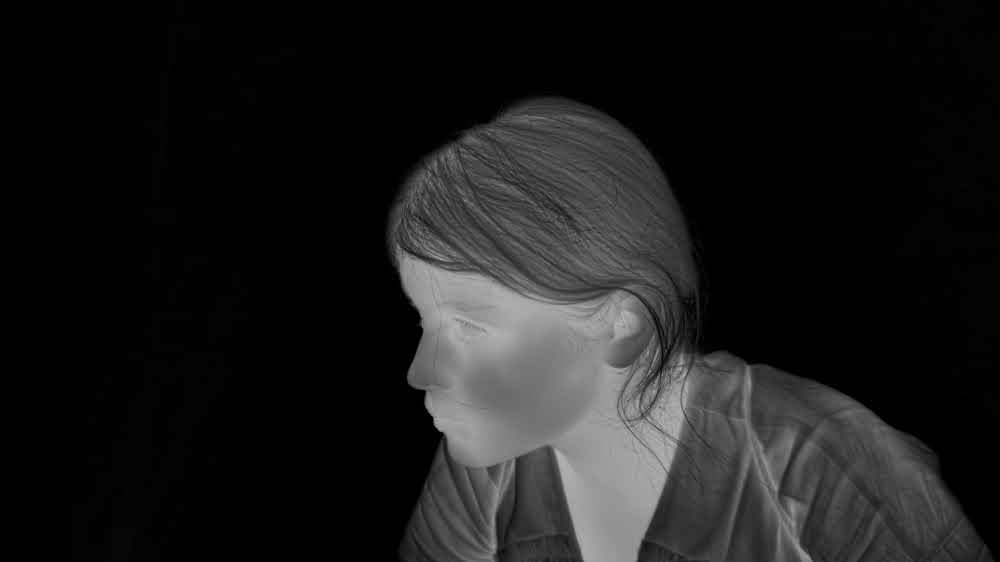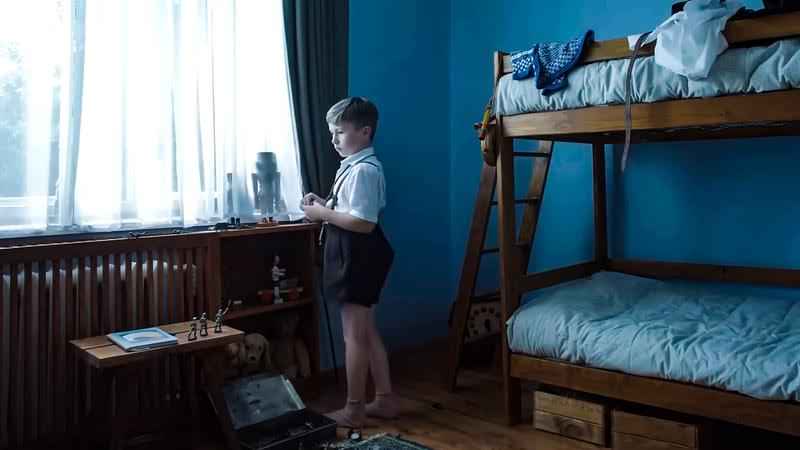We are all familiar with the phrase “the banality of evil,” which suggests that many evil actions are not born of evil human psychology, but rather the outgrowth of ordinary motives that might even blind that person to the fact that what they’re doing is evil. In more basic terms, evil is more often boring and morally valueless to the person responsible for it as it is Machiavellian and accompanied by gales of maniacal laughter. Jonathan Glazer has just made a feature-length consideration of this notion.
The Zone of Interest, recipient of five Oscar nominations including best picture, best international feature and best director, is set just outside the walls of the Auschwitz concentration camp during the height of the Holocaust, never to set foot inside. There isn’t a single character we see on screen who we know for certain to be Jewish. When you are making a film that chooses never to explicitly confront viewers with the horrors of the most monstrous coordinated effort in human history, it demands profound choices in how to allude to those horrors and how to consider their moral weight. For the most part, Glazer makes these choices. Because it is difficult to parse the significance, or even the meaning, of some other choices, it leaves the film shy of being one of cinema’s most important considerations of the Holocaust.
It is, however, certainly one of cinema’s most original in terms of its approach. The characters we follow are an SS commandant who is the senior officer at Auschwitz, Rudolf Hoss (Christian Friedel), and his wife, Hedwig (Sandra Huller). They have a number of children and the house is also home to several servants. The house, by the way, has its own front gate catty-corner to the front gate of the camp, its barbed wire-topped fences visible over the fences of the house’s garden, which comes equipped with a swimming pool and a likely state-of-the-art wooden slide that deposits happy children into its waters. The beauty of this home stands in stark contrast to the mass murder taking place only meters away, but no one who lives there or visits for extravagant parties seems to have any awareness of the disconnect – or at least none they are willing to admit to in the presence of the true believers around them.
While her husband may be one of these true believers, as he is frequently consulted on the design for ever more efficient gas chambers, Hedwig’s own tolerance for what’s going on is a matter of some uncertainty. She laughs a bit insanely at some sort of irony in the manner of a person who might be getting eaten from within. (Huller is terrific here, as she always is.) When her visiting mother asks if she’s okay, tellingly, Hedwig does not answer yes; she says “Do I look okay?”, indicating that the affirmative should be self-evident, when it is anything but.
However, when she learns her husband may be scheduled for transfer to another post, meaning their family will be uprooted, she can’t bear the thought of leaving behind this home. It’s what they dreamed of when they were in school, she reminds Rudolf – though probably not in such close proximity to crematoria burning humans alive.
The Zone of Interest may be its most deadly effective before anything has really started happening. We’re witness to scenes of quiet domestic bliss, as the family tends to their house and presents a handsome wooden kayak to their father on his birthday. Punctuating these scenes are cries of distress that are so distant on the soundtrack, we aren’t sure if we’re really hearing them or if our minds are playing tricks. At night, these cries are sometimes indistinguishable from the cries of their infant daughter, and that may be the point: They’ll rush to soothe a crying baby but not a dying man, and if they were to rush to the dying man, it would probably be to extinguish his cries permanently.
Glazer’s other bit of deadly effectiveness is his eerie style. He’s partnered again with Mica Levi, who did the unforgettable score for Under the Skin, and who presents something similarly unnerving here. Her score is all we hear in what feels like two minutes of black after the title slowly dissipates from the screen, and the film is bookended before the closing credits by the same darkness and cacophonous instruments, screaming out from the subtext of this film. The score is interspersed throughout and occasionally resembles a sort of guttural belching, like instrument tuning for the devil’s orchestra. A few trademark visual touches also intrude on this film’s default condition of realism, such as an abrupt five seconds of red screen in the middle of the action, and a sub plot about a quietly rebellious Polish servant that looks like an old film negative come to life.
Glazer makes a slight misstep, though, in the last 20 minutes of this film, when he pulls the action away from the house and away from the person who has functioned as our protagonist, however flawed her status as such may be. The most interesting character here is clearly Hedwig, but Glazer chooses to follow her husband to a different geographical location, sidelining Hedwig for this portion of the film. This narrative direction does allow him to pursue the much-discussed device he uses at the very end, which is certainly an intriguing choice. But it also leaves the film on the whole feeling like Glazer was lined up for a perfect landing, but then touched down the wheels too hard and shook up all the passengers. Not shook them up because he confronted them too much, which would have been what a different sort of filmmaker might have done, but more because the narrative path he started seemed like it had a different end point, one that might have been more satisfying.
Glazer is one of our most deliberate filmmakers, having made only four feature films in the past quarter century, which accounts for the entirety of his output as a film director. Ten years ago with Under the Skin and nine years before that with Birth, he showed us someone capable of chilling us and disquieting us and literally getting under our skin. When he misses ever so slightly on a masterpiece, as he does here, it’s cause for some small amount of gloom among cinephiles, since he may not ply his trade again until sometime in the 2030s.
The Zone of Interest is currently playing in cinemas.



